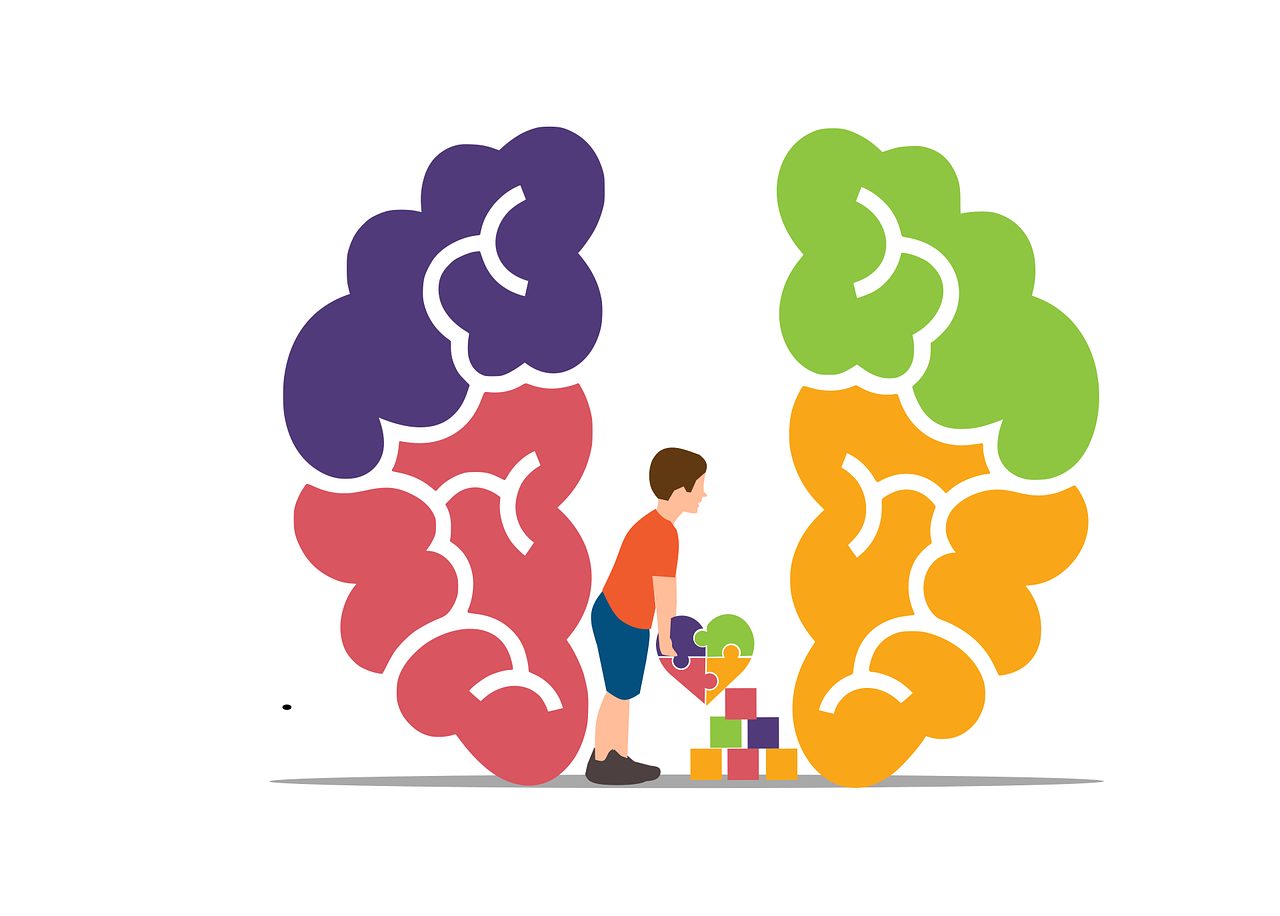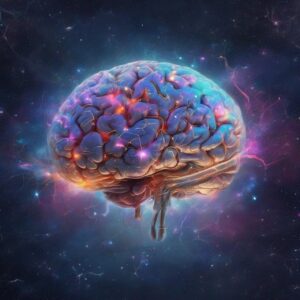What are Neurodevelopmental Disorders?
The neurodevelopmental disorders are a cluster of disorders which start in the early stages of developmental period. The disorders normally starts to develop it’s symptoms in early development, most of the times it shows symptoms before the age child starts school. These all neurodevelopmental disorders are categorized by their specific symptoms which includes developmental deficits or delay or changes in the normal processes of brain in the result of which deficiencies of personal, social, academic, or occupational working appeared in the person.

Developmental deficits or differences are of many types these varies from very particular limitations in learning and intellectual skills. Almost most of the times the neurodevelopmental disorders are with having the symptoms of another developmental disorder such as, A child with having autism spectrum disorder often have the symptoms of intellectual developmental disorder (intellectual disability), and many children diagnosed with attention-deficit/hyperactivity
disorder (ADHD) also have symptoms of specific learning disorder. For the diagnosis of some neurodevelopmental disorders, the clinical demonstration includes actions which are intense and usually occur in comparison to normal children of the similar developmental age and gender, as well as the children with developmental disorders have deficits and delays in completing expected milestones at expected age. For example, autism spectrum disorder is diagnosed in the child only when the child lack in social communication with having the excessively repetitive behaviors, lack of interests, and insistence on sameness.

Intellectual
developmental disorder having the symptoms of deficits in day to day mental abilities, such as problem solving, reasoning, planning, judgment, abstract thinking and academic learning, and learning from experience. The
deficiency in these skills result in damages of adaptive functioning, like the child fails to meet standards of personal independence and communal responsibility required at the specific age in one or more aspects of daily life, including social participation, interpersonal communication, academic or occupational functioning, and personal independence at home in required aspects of life or in community settings.

 Developmental deficits or differences are of many types these varies from very particular limitations in learning and intellectual skills. Almost most of the times the neurodevelopmental disorders are with having the symptoms of another developmental disorder such as, A child with having autism spectrum disorder often have the symptoms of intellectual developmental disorder (intellectual disability), and many children diagnosed with attention-deficit/hyperactivity disorder (ADHD) also have symptoms of specific learning disorder. For the diagnosis of some neurodevelopmental disorders, the clinical demonstration includes actions which are intense and usually occur in comparison to normal children of the similar developmental age and gender, as well as the children with developmental disorders have deficits and delays in completing expected milestones at expected age. For example, autism spectrum disorder is diagnosed in the child only when the child lack in social communication with having the excessively repetitive behaviors, lack of interests, and insistence on sameness.
Developmental deficits or differences are of many types these varies from very particular limitations in learning and intellectual skills. Almost most of the times the neurodevelopmental disorders are with having the symptoms of another developmental disorder such as, A child with having autism spectrum disorder often have the symptoms of intellectual developmental disorder (intellectual disability), and many children diagnosed with attention-deficit/hyperactivity disorder (ADHD) also have symptoms of specific learning disorder. For the diagnosis of some neurodevelopmental disorders, the clinical demonstration includes actions which are intense and usually occur in comparison to normal children of the similar developmental age and gender, as well as the children with developmental disorders have deficits and delays in completing expected milestones at expected age. For example, autism spectrum disorder is diagnosed in the child only when the child lack in social communication with having the excessively repetitive behaviors, lack of interests, and insistence on sameness.
 Intellectual developmental disorder having the symptoms of deficits in day to day mental abilities, such as problem solving, reasoning, planning, judgment, abstract thinking and academic learning, and learning from experience. The deficiency in these skills result in damages of adaptive functioning, like the child fails to meet standards of personal independence and communal responsibility required at the specific age in one or more aspects of daily life, including social participation, interpersonal communication, academic or occupational functioning, and personal independence at home in required aspects of life or in community settings.
Intellectual developmental disorder having the symptoms of deficits in day to day mental abilities, such as problem solving, reasoning, planning, judgment, abstract thinking and academic learning, and learning from experience. The deficiency in these skills result in damages of adaptive functioning, like the child fails to meet standards of personal independence and communal responsibility required at the specific age in one or more aspects of daily life, including social participation, interpersonal communication, academic or occupational functioning, and personal independence at home in required aspects of life or in community settings.